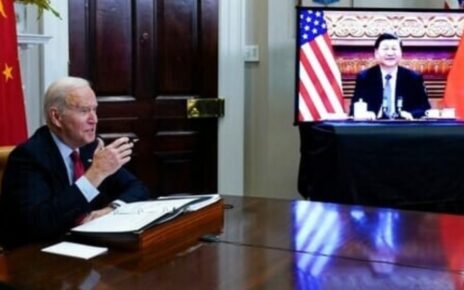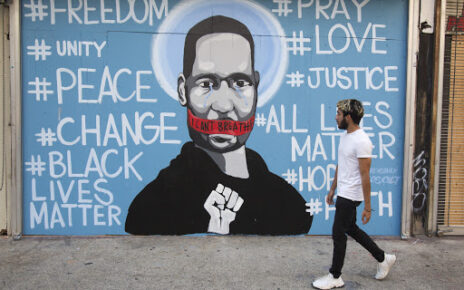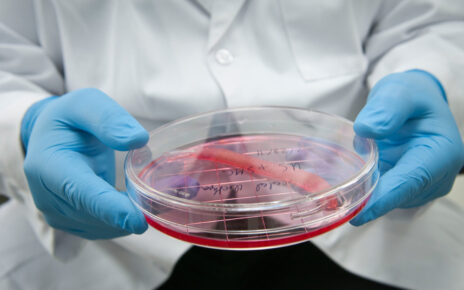The Biden administration on Wednesday announced that the United State will support temporary waiver of intellectual property rights to Covid-19 vaccines, accepting a key element of a joint proposal by India and South Africa at the WTO, and said it will “actively participate” in negotiations to “make that happen”.
Though Biden administration’s call to lift patent protections has drawn praise from some countries and health advocates, but it has run into resistance from the pharmaceutical industry and others.
The Wall Street Journal in an editorial slammed Biden for such a move. “The administration’s WTO waiver will break patents and legal protections for vaccine makers. Investors will be less likely to fund new drug research if they think their own government will betray them under political pressure. Chalk up another damaging victory for the Congressional left,” the daily said.
India and South Africa have been pushing a resolution at the WTO that would force pharmaceutical companies to hand over their Covid vaccine and therapy IP to manufacturers in low-income countries. The waiver is backed by some 100 other low-income countries, progressive groups and more than 100 Democratic Congress members, the major financial daily said.
Already in October last year it was pointed out that there are several reports about intellectual property rights hindering or potentially hindering timely provisioning of affordable medical products to the patients. In these exceptional circumstances, the proposal read, “We request that the Council for TRIPS (Agreement on Trade-Related Aspects of Intellectual Property Rights) recommends, as early as possible, to the General Council (of the WTO) a waiver from the implementation, application and enforcement.”
It asked that “the waiver should continue until widespread vaccination is in place globally, and the majority of the world’s population has developed immunity.” All 164 members of the WTO would need to agree any proposal.
How do drug patents work?
Patents reward innovation by preventing competitors from simply copying a company’s discovery and launching a rival product. In the US, patents on medicines typically last 20 years from when they are filed. Because it often takes a decade to get a drug approved, companies typically end up with about a dozen years of competition-free sales. But drugmakers usually find ways to improve their product or widen its use, and they secure additional patents that can extend their monopoly for another decade or more.
Why is patent production important to drugmakers?
Medicines are incredibly expensive to develop. Most experimental drugs fail at some point during what can be years of laboratory, animal and finally human testing. Averaging in the cost of all those flops, it typically costs more than $1 billion to bring a drug from discovery to regulatory approval. Without the prospect of years of sales without competition, that work is all the riskier.
Why is the US backing efforts to lift protections on Covid-19 vaccines?
The Biden administration has been under intense pressure, including from many Democrats in Congress, to get more COVID-19 vaccines to the rest of the world. Support for the waiver idea floated by India and South Africa in October has been growing in other countries while the outbreak worsens in some places, especially India.
Why is the industry opposed to the effort?
In a word, money. In the US, pharmaceutical companies can charge whatever they want for their medicines. They can and do raise prices, so that list prices often double or triple during a drug’s patent-protected years. That makes the big, long-established drugmakers among the world’s most profitable companies. But a huge amount of innovation comes from startup pharmaceutical and biotech companies.
They must constantly raise money from venture capital firms and other investors to fund early research until they can get their medicine approved or, more often, get a big drugmaker to help fund the research and buy rights to that drug or the entire startup. Without the prospect of a big payday for the new drug, it would be much harder to attract the crucial early money.




